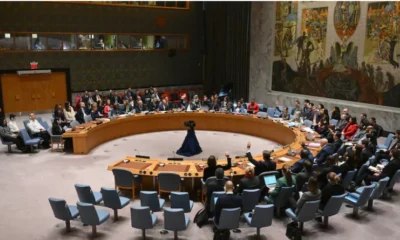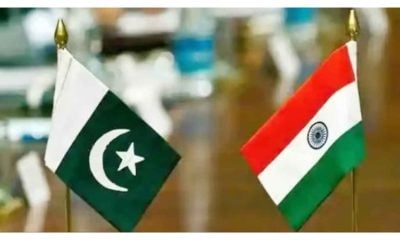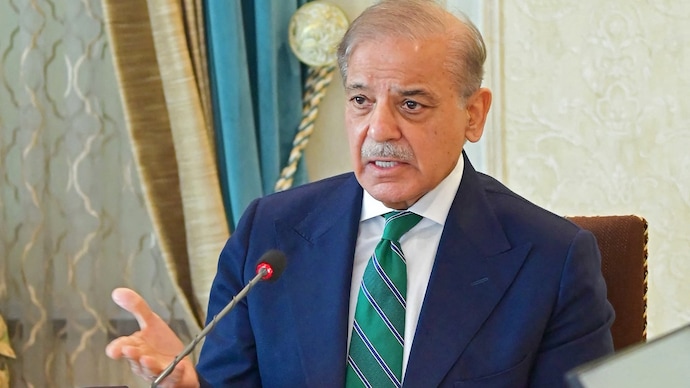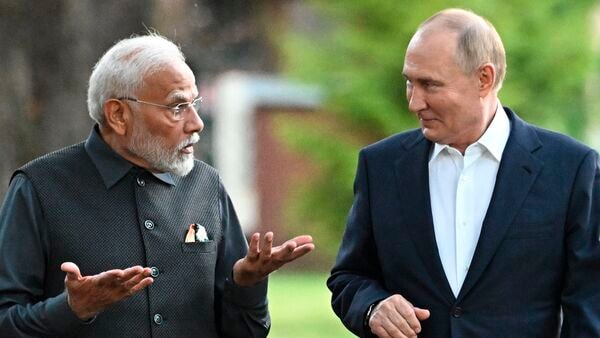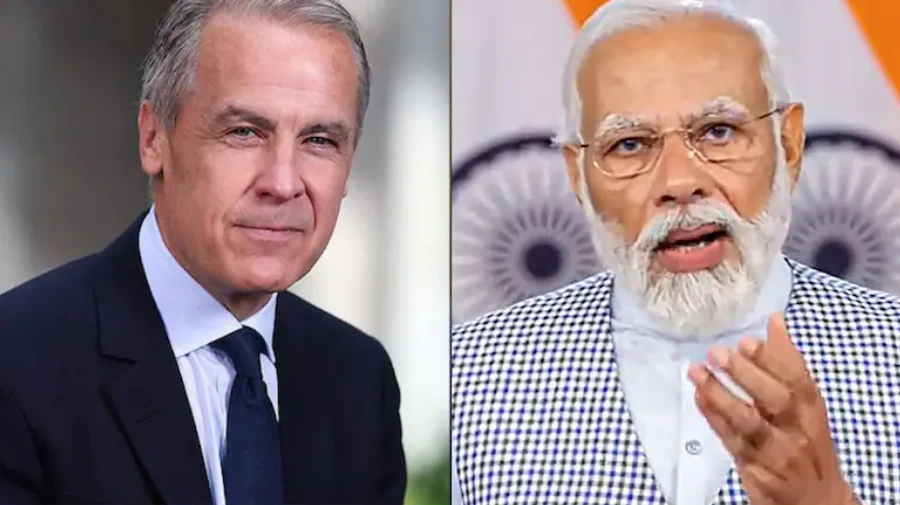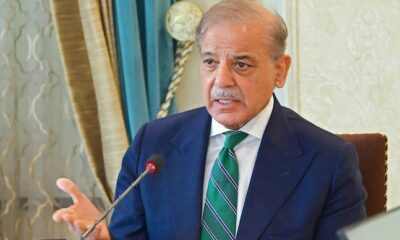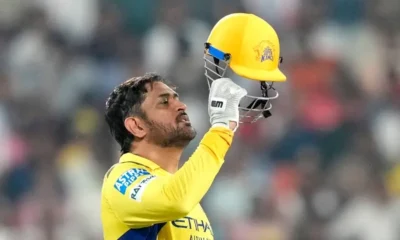[vc_row][vc_column][vc_column_text]After a long drawn, close contest, India’s nominee Justice Dalveer Bhandari got elected to the fifth and last remaining vacancy for a judge at the International Court of Justice (ICJ) on Tuesday (November 21) as United Kingdom’s (UK) Christopher Greenwood relented and withdrew.
India had re-nominated Justice Bhandari for another term at the ICJ this year when it realised, after Kulbhushan Jadhav’s case wa taken to the ICJ, that it was advisable to have a presence in the world court.
The ICJ consists of 15 judges, with five judges elected every three years for a 9-year term. Four judges had been re-elected to the ICJ but the fifth member could not be declared elected on Nov 9 as it remained deadlocked. The UN General Assembly (UNGA) voted for Bhandari 115/193 against 76/193 to Greenwood, while the Security Council (UNSC) vote went to Greenwood 9/15. To be elected, a nominee has to obtain a majority in both the UNGA and the UNSC. (See Box below)
The deadlock continued after a dozen rounds of voting and finally, the overwhelming UNGA support to India’s nominee forced Britain to withdraw its candidate from the race. Bhandari, 70, received 183-193 votes in the General Assembly and secured all 15 votes in the Security Council to fill the final vacancy. Britain is a permanent member of the UN Security Council, and that the other permanent members – US, Russia, France and China — were all rooting for Britain’s candidature. Perhaps India’s candidature was more acceptable to UNSC members than Britain’s was to majority of UNGA members.
Indian officials maintained that voting in the General Assembly which overwhelmingly favoured India is reflective of the new global order with its new alignments and power equations. There was pressure on India to withdraw its candidature in favour of UK, say analysts, but it was firmly put down. India ruled out any compromise and lobbied hard that the candidate who enjoys the overwhelming support of the General Assembly members can be the only legitimate candidate to go through.
For Britain it was a loss of face. This was the first time since the tribunal started in 1946 that the country lost a seat at the top table.
Others elected to the top table after four rounds of voting were Ronny Abraham of France, Abdulqawi Ahmed Yusuf of Somalia, Antonio Augusto Cancado Trindade of Brazil and Nawaf Salam of Lebanon.[/vc_column_text][/vc_column][/vc_row][vc_row][vc_column][vc_column_text css=”.vc_custom_1511259928856{padding-top: 10px !important;padding-right: 10px !important;padding-bottom: 10px !important;padding-left: 10px !important;background-color: #dbdbdb !important;border-radius: 10px !important;}”]ICJ Election procedure
The General Assembly and the Security Council proceed, independently of one another, to elect five members of the Court.
To be elected, a candidate must obtain an absolute majority of votes both in the General Assembly and in the Security Council. The words “absolute majority” are interpreted as meaning a majority of all electors, whether or not they vote or are allowed to vote. Thus 97 votes constitute an absolute majority in the General Assembly and 8 votes constitute an absolute majority in the Security Council (with no distinction being made between permanent and non-permanent members of the Security Council).
Only those candidates whose names appear on the ballot papers are eligible for election. Each elector in the General Assembly and in the Security Council may vote for not more than five candidates on the first ballot and, on subsequent ballots for five less the number of candidates who have already obtained an absolute majority.
When five candidates have obtained the required majority in one of the organs, the president of that organ notifies the president of the other organ of the names of the five candidates. The president of the latter does not communicate such names to the members of that organ until that organ itself has given five candidates the required majority of votes.
After both the General Assembly and the Security Council have produced a list of five names that received an absolute majority of the votes, the two lists are compared. Any candidate appearing on both lists is elected. But if fewer than five candidates have been thus elected, the two organs proceed, again independently of one another, at a second meeting and, if necessary, a third meeting to elect candidates by further ballots for seats remaining vacant, the results again being compared after the required number of candidates have obtained an absolute majority in each organ.
If after the third meeting, one or more seats still remain unfilled, the General Assembly and the Security Council may form a joint conference consisting of six members, three appointed by each organ. This joint conference may, by an absolute majority, agree upon one name for each seat still vacant and submit the name for the respective acceptance of the General Assembly and the Security Council. If the joint conference is unanimously agreed, it may submit the name of a person not included in the list of nominations, provided that candidate fulfills the required conditions of eligibility to be a judge on the ICJ.
If the General Assembly and the Security Council ultimately are unable to fill one or more vacant seats, then the judges of the ICJ who have already been elected shall proceed to fill the vacant seats by selection from among those candidates who have obtained votes either in the General Assembly or in the Security Council. In the event of a tie vote among the judges, the eldest judge shall have a casting vote.[/vc_column_text][/vc_column][/vc_row][vc_row][vc_column][vc_column_text]Who is Justice Bhandari?
Justice Dalveer Bhandari (70) is a former judge of the Supreme Court of India and a former Chief Justice of the Bombay High Court. Hailing from a family of lawyers – his father Mahaveer Chand Bhandari and grandfather BC Bhandari were members of the Rajasthan bar. He practised at the Supreme Court as a lawyer before being elevated as judge at the Bombay High Court.
He earned a Masters of Law from Northwestern University School of Law and worked at the Northwestern Legal Assistance Clinic and also practised for a while in Chicago courts on behalf of litigants of that clinic.
He has been a fellow of the Centre for Research in Chicago and his erudition led him to travel internationally. He was conferred the Doctor of Laws (LL.D) by Tumkur University, Karnataka.
[/vc_column_text][/vc_column][/vc_row]

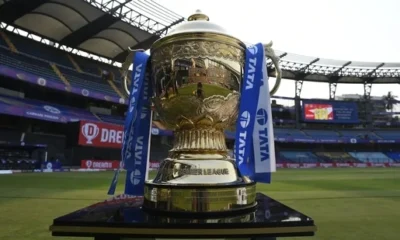
 Cricket news22 hours ago
Cricket news22 hours ago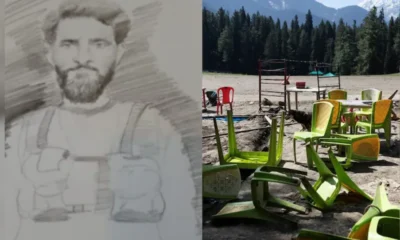
 India News22 hours ago
India News22 hours ago
 Gadgets19 hours ago
Gadgets19 hours ago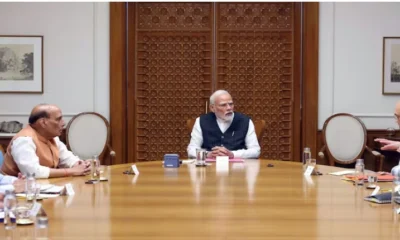
 India News22 hours ago
India News22 hours ago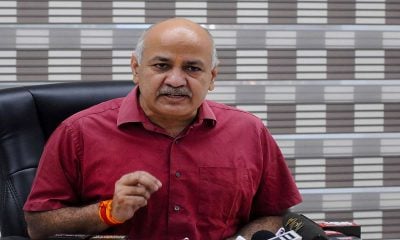
 India News23 hours ago
India News23 hours ago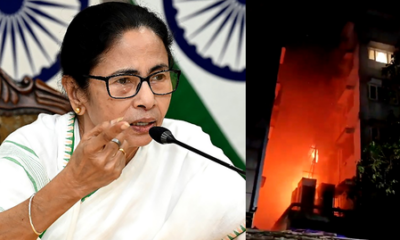
 India News20 hours ago
India News20 hours ago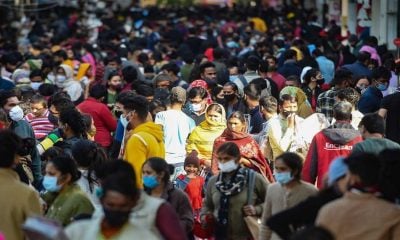
 India News18 hours ago
India News18 hours ago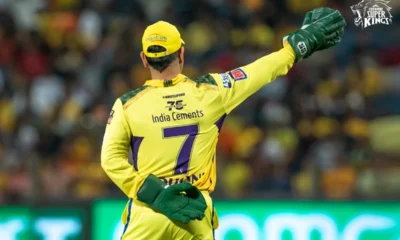
 Cricket news16 hours ago
Cricket news16 hours ago
